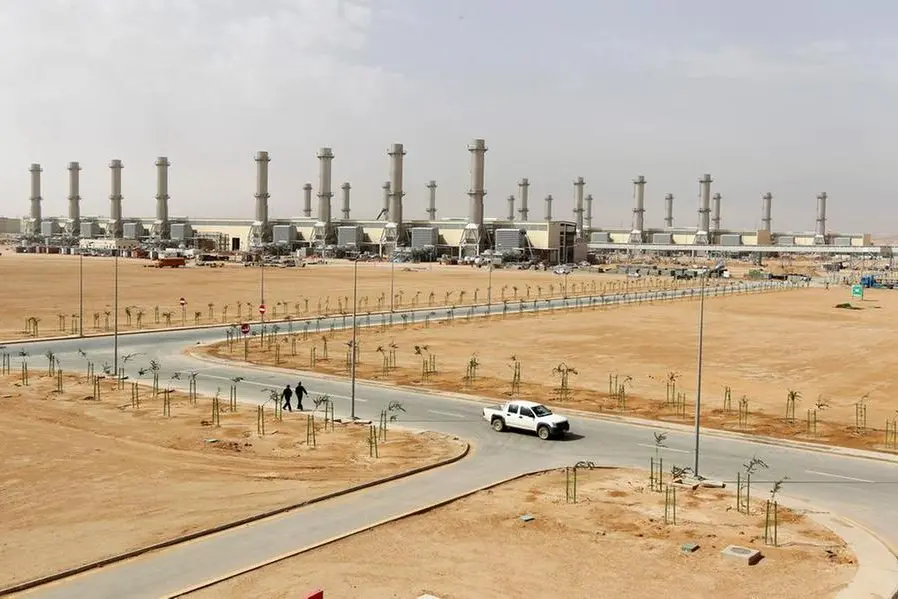PHOTO
Utility companies could keep tariffs lower by investing in solar, but only Dubai and Abu Dhabi are making significant investments in the GCC, according to Moody’s.
Thomas Le Guay, an analyst in Moody’s EMEA corporate finance group, said there had not been significant changes in electricity sales this year, with credit profiles remaining stable, and governments providing strong support.
But, a challenge could be the provision of subsidies because of reduced government cash inflows.
Le Guay told a Moody’s webinar on the impact of coronavirus and low oil prices on GCC corporates: “We think most governments will try to gradually decrease subsidies, which will require tariff increases, which will be unpopular, but the governments can also try to reduce the average cost of production. One clear way to achieve this is through investment in solar generation.”
He added: “The only caveat to this is we only see significant investments in Dubai and Abu Dhabi so far in the region.”
Rehan Akbar, vice president and senior credit officer, for Moody’s EMEA corporate finance group, said oil prices were likely to remain volatile in the next two years.
Moody’s projections show an average price per barrel of $40 in 2020, $40-45 in 2021, and $45-65 in 2022.
In an earlier webinar on the impact on GCC sovereigns, participants heard that Kuwait was the GCC most impacted by the lower oil price.
(Writing by Imogen Lillywhite; editing by Daniel Luiz)
imogen.lillywhite@refinitiv.com
Disclaimer: This article is provided for informational purposes only. The content does not provide tax, legal or investment advice or opinion regarding the suitability, value or profitability of any particular security, portfolio or investment strategy. Read our full disclaimer policy here.
© ZAWYA 2020





















